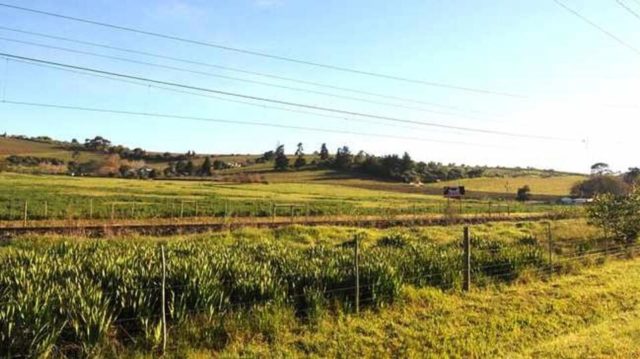The majority of views presented at the public hearing raised a fear that the bill threatens the constitutional right to property.
A MAJORITY of residents in Khâi-Ma Local Municipality in the Northern Cape have rejected the Expropriation Bill on the grounds that it threatens property rights.
The residents expressed themselves during the portfolio committee on public works and infrastructure’s first leg of public hearings in the Province on Saturday.
The public hearings have resumed following an interlude necessitated by concerns relating to the high rate of Covid-19 infections in the Northern Cape and Free State provinces.
In order to hold public hearings under the threatening conditions of the coronavirus pandemic, the committee ensured strict adherence to Covid-19 regulations and non-pharmaceutical interventions.
The committee was scheduled to hold the second leg of the hearings in Upington on Sunday.
The majority of views presented during the first leg on Saturday raised a fear that the bill, especially expropriation with nil compensation, threatens the constitutional right to property.
The residents highlighted “the pervasive risk of corruption if the state was to be entrusted with the custodianship of the entire country’s portfolio of property”.
They furthermore raised concerns regarding the state’s inability to distribute state land to beneficiaries “as proof of its incapacity to act as a custodian for the land”.
A number of participants also highlighted the potential economic risk posed by the passing of the bill.
Of concern, according to participants, is also the “inherent risk of disinvestment from the country and possible economic sanctions, which will contribute to the already rising unemployment and deepening poverty” in the country.
A question was raised on the ability of the state to inherit the debt that many farmers have with commercial banks in the event of the expropriation of agricultural land.
Although the bill was rejected by the majority of participants, there were participants who supported it, advancing an argument that the bill is “a cogent tool to ensure redistribution of land especially to those that suffered under successive land dispossessions as a result of colonialism and apartheid”.
They pointed out that there is a need for the government to engage the financial sector for the purposes of monetary investment post expropriation, to ensure productivity of the land and guaranteed food security.
The committee expressed satisfaction with the proceedings and its gratitude to the people of Khâi-Ma Local Municipality who, despite the prevalence of Covid-19, attended the hearings to make valuable contributions on this important bill.
The chairperson of the committee, Nolitha Ntobongwana, said they will take the residents’ views, as expressed, into consideration at Parliament when they finalise the bill.








